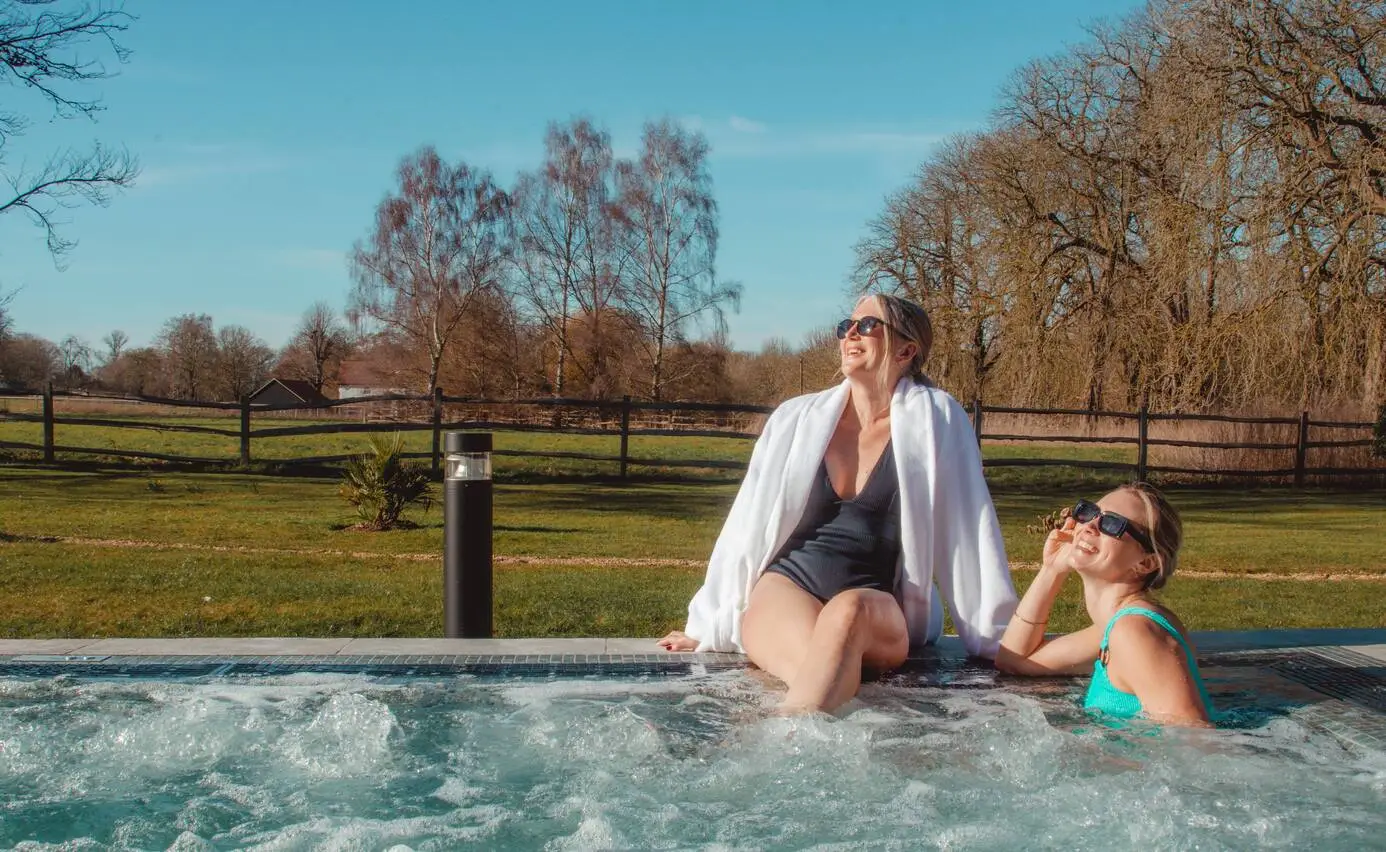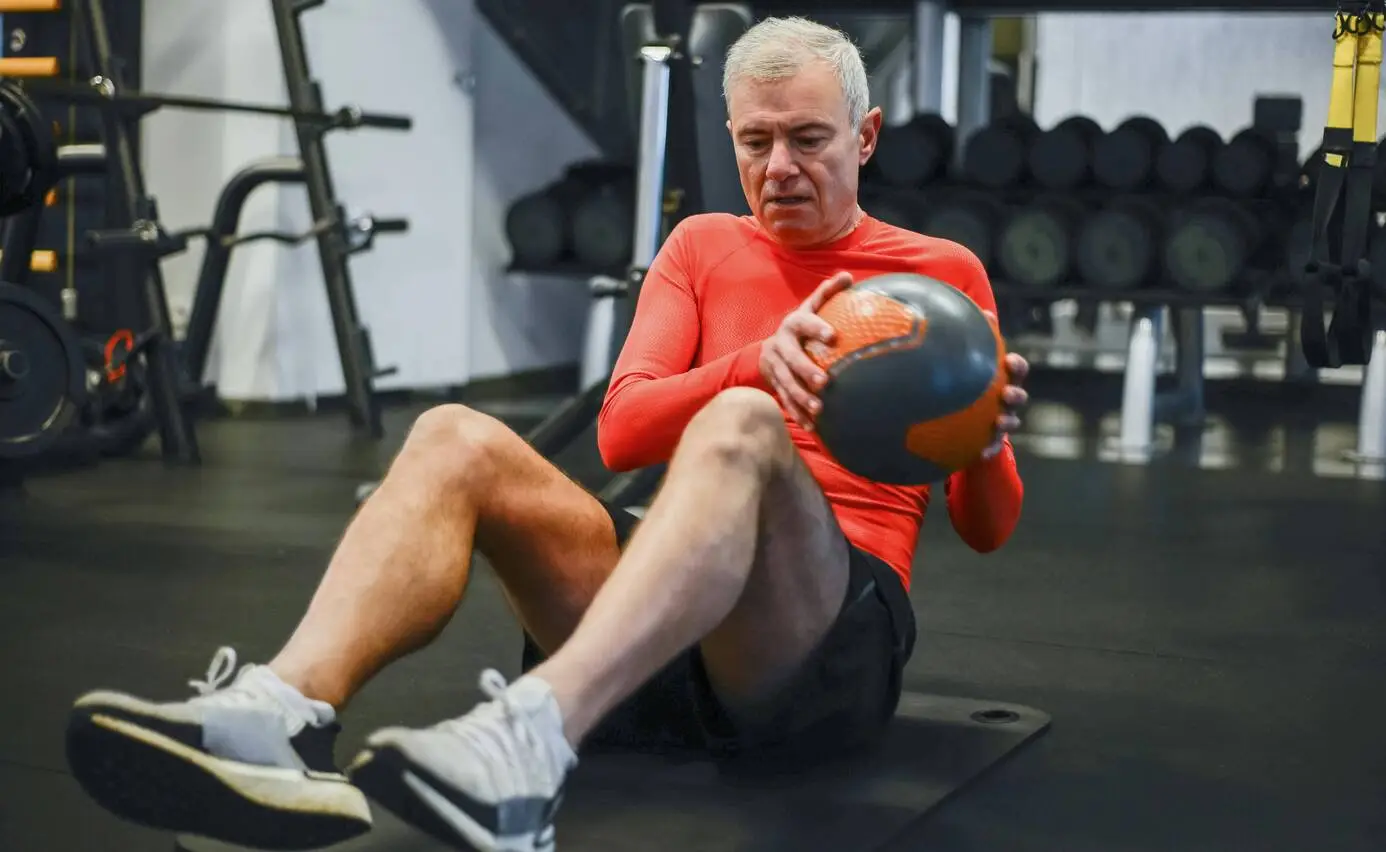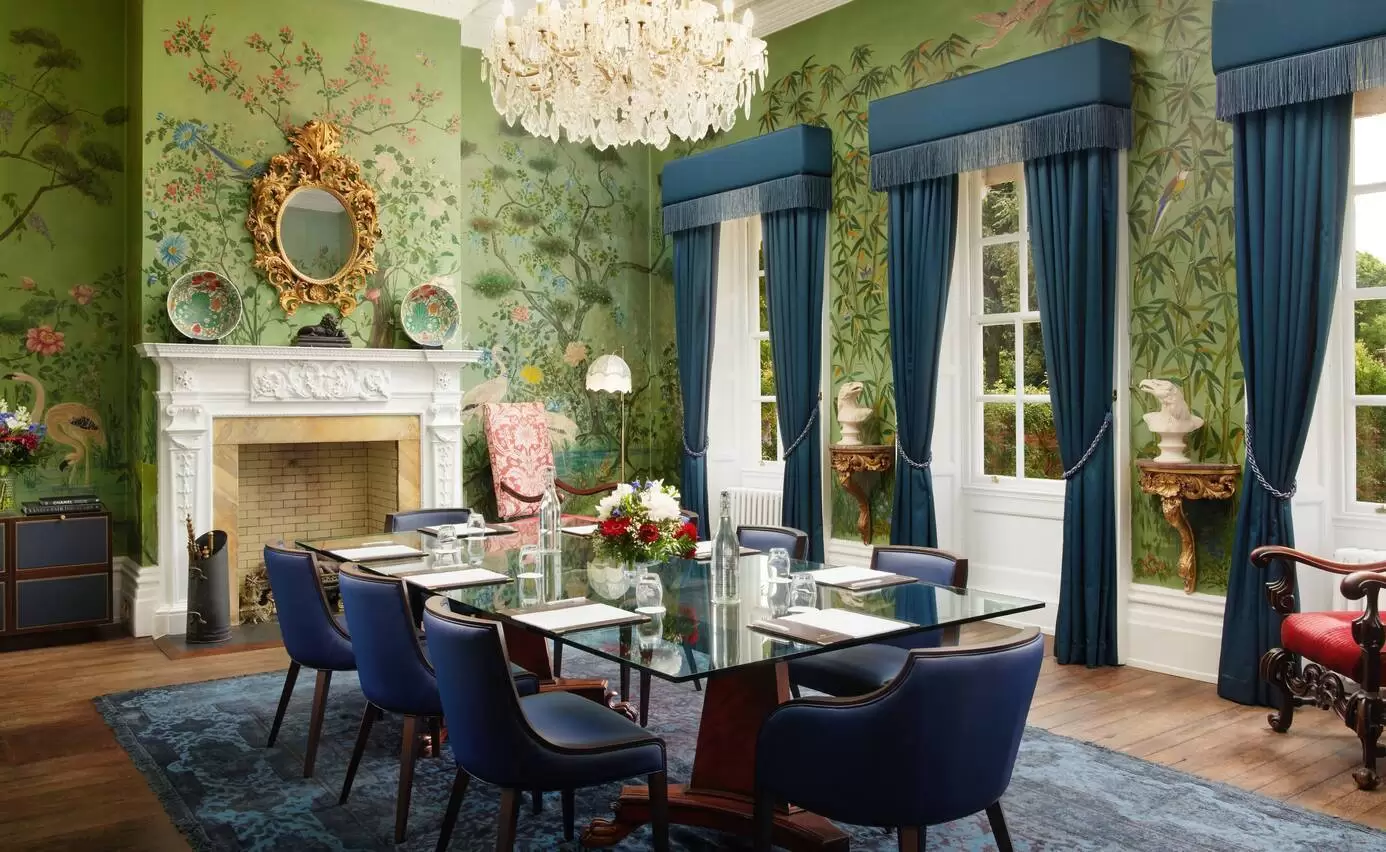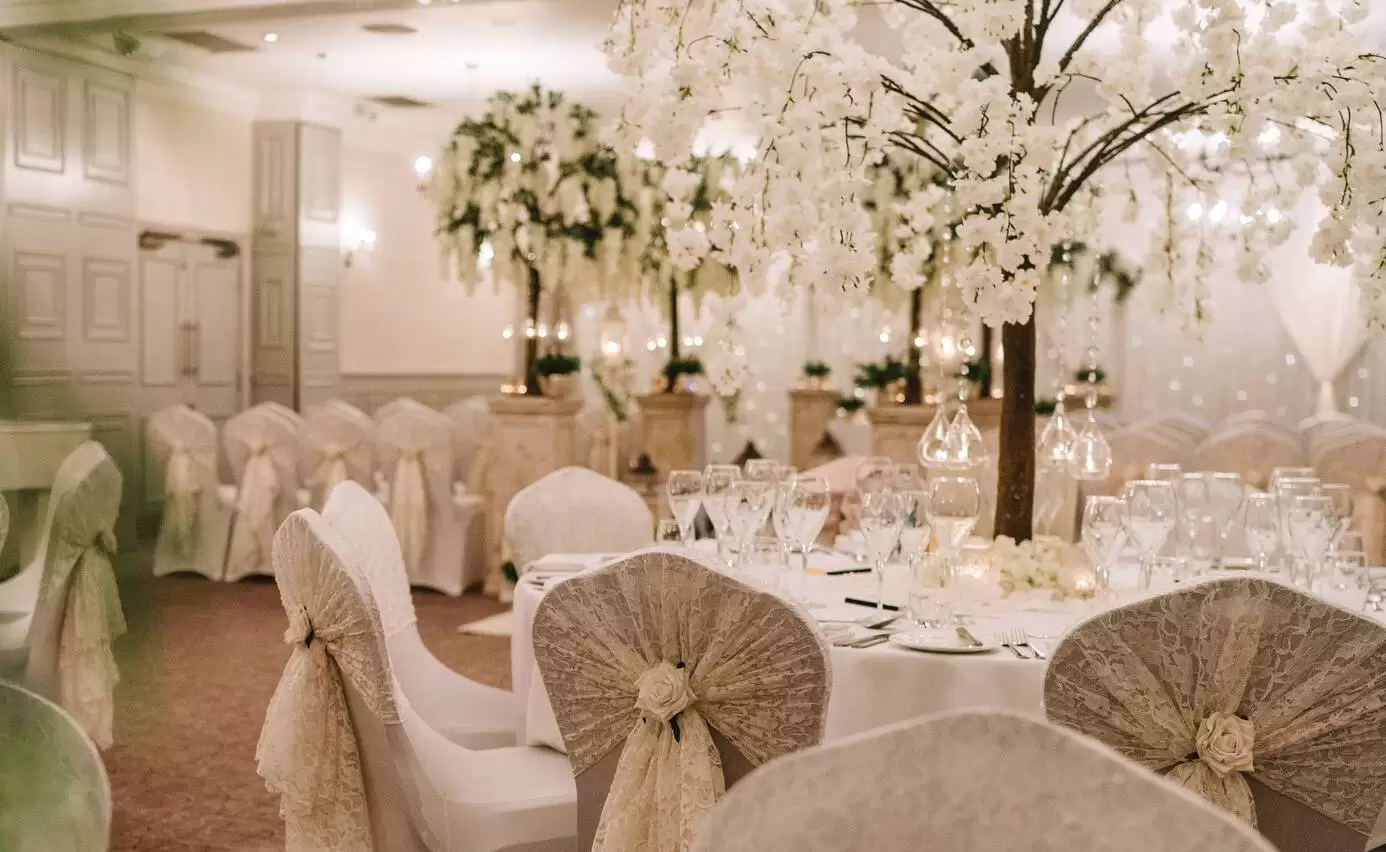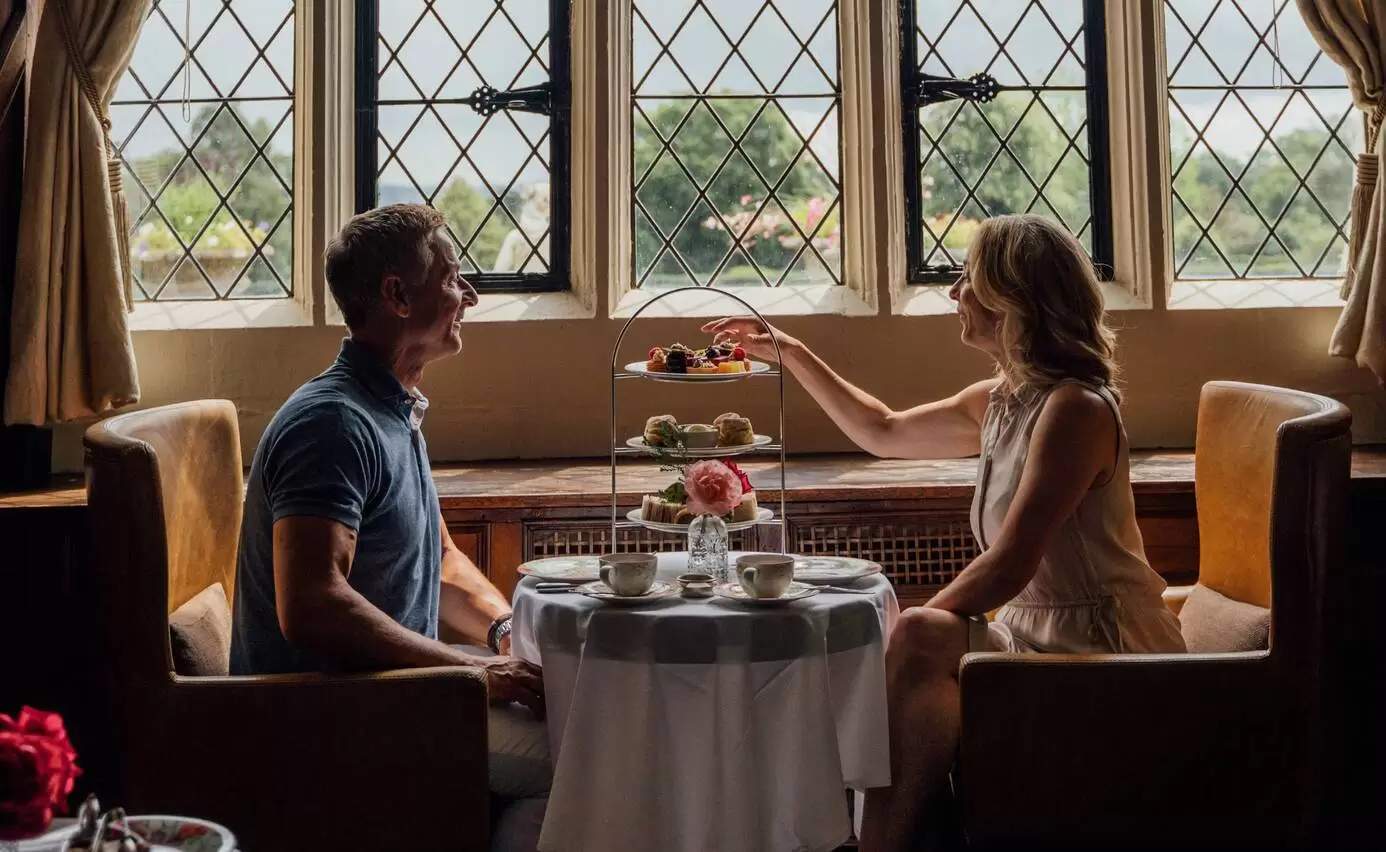Nuturing mindfulness
When you are able to maintain a more mindful lifestyle, you will be able to discover things about yourself that you have never noticed before, while gaining a much greater understanding of your standing in life.
But, cultivating a mindful lifestyle doesn’t require wholesale changes - once you have worked towards it, mindfulness will become almost automatic.
“Mindfulness enables us to resolve inner and external conflicts with neutral, non-judgmental reasoning and, in turn, helps us develop compassion and kindness for ourselves and others.”
You will probably find that you already know people who have the ability to be fully present, that are so conscious of what they are doing and where they are that they become able to avoid being overwhelmed by any challenges that they face.
Everyone is born with the ability to achieve mindfulness - you may even find that you are subconsciously doing some of the main mindfulness exercises without realising. But, when you work on your mindfulness on a daily basis, you will notice significant changes to your life and the way you live it.
Jon Wilde teaches meditation and mindfulness at the Brighton Mindfulness Centre, and worldwide via his online course. He gave us his personal perspective on mindfulness:
“Mindfulness has transformed my life to the point where I barely recognise my old self. Most of my life was spent in a state of depression and high anxiety. Since I came to mindfulness four years ago, I have experienced very little anxiety in my life and I've had no depressive periods. My life is not without problems but I've learned to relate to them mindfully.”
Basic mindfulness practice
To achieve mindfulness there are a few steps that you should follow. By doing so, you will be able to create some distance between yourself and your reactions to the specific situations that arise during everyday life.
Firstly, try to begin to observe the present. Understand that the main goal with mindfulness is to pay attention to the present moment, avoiding judgement. If you feel a judgement building up then acknowledge it, but let it pass and do not dwell on it.
When you have been able to move on from that feeling, let your mind return to observing the present. You will find that you may get distracted during your practice, but the skill is being able to continually return yourself to the present.
“Mindfulness helps us purposefully observe our inner and outer world experience, helping us understand how and why we think and feel the way we do. This is essential to understanding and accepting who we are, and learning to become happy with the person playing this role in life,” said Alfred.
One of the best ways to ensure this is to simply set some time aside for yourself, escaping from everything and allowing yourself some space.
Meditation
Though you may not be able to control everything that happens in your life, you can take responsibility for these developments and learn how to manage them.
Meditation is a great way of doing this. Buddhists have been teaching the art of meditation for thousands of years, and believe that this is the best antidote to your personal sorrow, calming anxieties and calming any feelings of confusion and anger.
When you meditate, you are transforming your mind, encouraging concentration and calm. This allows you to achieve clarity and emotional positivity.
Meditation gives every cell in your body new-found energy, resulting in increased enthusiasm and joy. Better still, it can be done anywhere from your kitchen to a retreat at a luxury spa hotel.
Physically, meditation has been known to lower your blood pressure and levels of blood lactate, which reduces the likelihood of anxiety attacks.
For anyone who is suffering from tension-related pains like ulcers, insomnia and joint problems, meditation can also be instrumental in helping to alleviate these conditions.
If you practice meditation regularly, your body will produce more serotonin. This helps to improve your mood, but it also helps to strengthen your immune system to fight off illness and boosts your energy levels.
Meditation isn’t a discipline that you have to dedicate hours of your day to. Just a couple of minutes in the morning and evening will help you to reap these benefits for your mind, body and soul. This will become part of your daily routine and when it does, it will be something that you really look forward to
If you are looking to try meditation for the first time but you’re unsure where to begin, then read our guide to find resources that can help.You can also try this simple pose:
- Find a comfortable and quiet spot and sit down.
- If you are sat on the floor then cross your legs. If you are on a chair then let your feet rest flat on the floor as you sit up straight, refraining from making your body stiff.
- Place your arms so they are parallel to your upper body, resting your palms on your legs, facing up or down.
- Now you can let your chin drop a little, slowly closing your eyes.
- Focus on the physical sensation of breathing – feel the air come through your nose and picture it flowing down into your lungs. Slowly exhale out through your mouth, following the movement of your breath as it leaves your body. Continually repeat this process
- Your mind will wander from your breath and when it does, do not frantically hurry to focus back on your breathing. Let your mind take you back slowly so that you focus naturally and calmly.
- After a few minutes, you may be ready to reopen your gaze. Lift your eyes and chin gently, and take a few moments to notice the sounds and sights in your current environment.
Yoga
When yoga became fashionable a few years ago, many thought that it would just be a fad. They couldn’t have been more wrong. Yoga has become one of the most popular physical activities in the world, spawning countless clubs, classes and yoga retreats.
Yoga pulls together all of the benefits of mediation before injecting a dose of physical activity into the formula. It’s an activity that helps you become more in tune with yourself and brings a number of physical health benefits.
Your mental and physical ties will be strengthened beyond recognition by following a yoga routine, creating a unification between your mind and body that will help you achieve a more mindful lifestyle.
When you finish a good workout, you feel energised and confident within your own body. But, those who practice yoga regularly talk about how they feel strong in both body and mind.
Being creative
You may find that during your drive to a more mindful lifestyle, you become more in tune with your creative side. Try and embrace this, challenging yourself with hobbies or projects that focus the mind and bring you towards a state of heightened consciousness.
Your project doesn’t even need to be particularly big or as artistic. Something as low-key as doodling on a piece of paper, or tidying your garden, can be incredibly successful in cultivating mindfulness and focus.
Gardening
When you consider the process of gardening and maintaining a tidy outside space, it isn’t any surprise that gardening is considered to be an extremely relaxing past-time.
You surround yourself in nature, absorbing its tranquillity, which is known to ease stress and offer invaluable mental clarity. Like with yoga and meditation, you are putting yourself in touch with another being – nature.
Gardening will help to strengthen the ties you have with the natural world, making you more aware and conscious of other life and encouraging you to contribute to and sustain the life that you can directly influence in your garden.
Enjoy the moment
In modern life we are faced with countless distractions and perceptions of a ‘perfect’ life. The main culprit of this is your mobile phone and everything that you can access on it. From the moment we wake up to the second we fall asleep, the majority of us are constantly on our phones checking the news, internet or social media.
Instead, fully immerse yourself in the moment, as Alfred says:
“Instead of living life in the now, in the only moment that exists, we are constantly striving to be somewhere else: somewhere better, somewhere more prosperous, somewhere more glamorous.”
He continues, “But what’s the point of wanting to go somewhere if, when you get there, all you want to do is go somewhere else? Mindfulness asks us to stop in our tracks and engage in truly noticing life, something that has become an alien practice in our autopilot lives.”
It doesn’t matter what it is, whether you are starting your morning with a few minutes of meditation or brushing your teeth, make a commitment to be all there. Turn off all background distractions and just be there in the moment.
Pay great attention to the every detail of every task no matter how small, allowing you to examine a whole array of new sensations that come with the everyday things that you had previously taken for granted.
“When we rest in the present moment, rather than allowing past experiences or imaginary thoughts of the future to control our actions, we achieve a deeper understanding of our connection with the world and purpose within it”, Alfred says. “We cultivate a calmer mental disposition that reduces stress and anxiety levels, increases emotional intelligence and empathy in our social interactions, helps us sleep, focus and learn better, and provides us with an all-round better quality of life.”
As Alfred says, we often focus a lot of our mental and physical energy on achieving intangible goals that we have set ourselves. More often than not, these desires don’t just change – they are forgotten. Instead of striving for something that is years and years in the future, experience the present in its glory.
How to achieve mindfulness
Steve Braithwaite, Champneys Mind Fitness Coach, offered his expert insight into the best things that you can do to cultivate a mindful lifestyle in 2021. Here are his top five tips:
1. Learn to take some time out from your busy life and mind.
Bring all your attention to your breath, and observe the body breathing while engaging with your surroundings through your senses. This simple exercise calms us down, relaxing the entire physical and emotional system while connecting us back into the present moment away from the stresses that are created and fueled through thought. Doing nothing gets better with practice and is such an important part of balance within our lives when we are always trying to do so much.
2. Try to stay positive, and bring awareness to your thoughts.
Whether you’re thinking about your past, future or challenges in the present, keep it positive. Being aware and in control of our thoughts is a definite way of overriding the pressures, demands and expectations of modern life. Directing our positive thoughts with conscious intent will empower us to take control over ourselves within all situations and circumstances, creating long-lasting change for the good.
3. Bring as much appreciation and gratitude into your life as possible, even if life gets difficult or challenging.
Find three things in each of your home life, work life and social life that you can focus your mind on when the going gets tough. Appreciation and gratitude are two of the most powerful emotions, and have a way of making us feel happy and content. This must be down to those wonderful endorphins being released with each ‘thank you’.
4. Practice accepting what comes your way in life as a gift or an opportunity to learn.
Having this approach and perception to life can help remove the urge to resist circumstances, which so often causes stress and wears us out physically and emotionally. Try it next time something happens in your home, work or social life that you don't agree with and just observe how different you feel.
5. Let go of trying to control what you have no control over.
Make a list of what you feel you can control, it may be shorter than you think. As we release control over the things we can't control, we create a positive shift within ourselves that releases frustration and discontentment. This immediately makes us feel much calmer and lighter. Practice is the key to change and a lifetime of education and habit. Feeling happy and enjoying life is a wonderful way to live and is the reality when we let go of the things we can't control.
Jon Wilde gave his thought on what it takes to achieve mindfulness:
“Whatever route somebody takes, they need to remember that mindfulness doesn’t promise a quick fix. It requires patience, self-compassion, a certain amount of commitment, a certain amount of motivation and a willingness to be open to change. A certain amount of consistency in the practice helps. Also, don't fool yourself that you can be mindful without a regular meditation practice.”
What works for someone does not mean that it will work for you. Mindfulness is not uniform; there is no set procedure that you must strictly adhere to too achieve it, as John explains:
“Some people take to it quickly. Others less so. Everyone’s mindfulness journey is unique. So try not to compare your progress with anyone else's. In its truest sense, mindfulness isn't actually about getting anywhere. It's about being OK with how you are, right now, in this moment, the only moment you've got.”
You will find your process eventually. So, don’t rush. Enjoy the journey and reap the rewards of a more mindful lifestyle this year.

